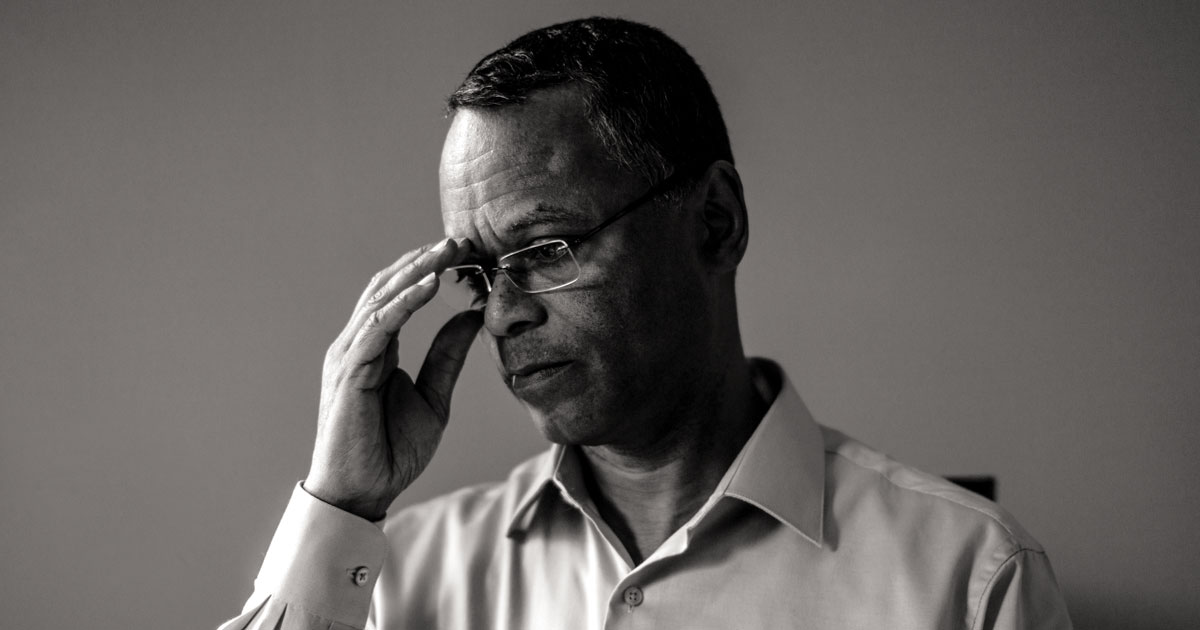
In 2014, a Havertown Eye Doctor Went to Jail for Growing Pot. Now He’d Like His Life Back
Paul Ezell says he was growing marijuana to help his wife manage pain. But what happens now that medical marijuana is legal?
This is an interesting and tragic story of a doctor who was convicted of growing pot in his basement, which he was doing to treat his wife, who was dying of cancer. The recent de-crim of pot made the case even more absurd that it originally was, and it recently had a "storybook" ending when he was pardoned last week, largely through the efforts of our Lt Governor, who is a strong proponent of weed legalization.
Of course, the final chapter would be the answer to his question: "Where do I go to get my life back?"
In discussing this case with a close relative, he made the charge that this sort of thing happens "all the time." Black guys are arrested on phony pretexts, held for trial - which causes them to lose their jobs, alienates their significant others, etc., then they accept a bullshit plea bargain because they can't afford a competent attorney and end up in the Big House for nothing.
Hmm.
The person I'm speaking with is much more into this stuff than I am, having done volunteer work on many cases for the Innocence Project, and all I know is what they taught me in law school.
In short, Police don't want to arrest people. They never have. It is a pain in the ass, so they rarely arrest people for "nothing," and in most cases, even if they know someone committed a crime, they won't arrest the person unless they know they have (or can get) proof that will stand up in court. So as a general proposition, innocent people don't get arrested.
Next, we have the arraignment. The magistrate (or whatever) who presides over the arraignment must first of all decide whether the arresting officer(s) has a good prima facia case - that is, is there sufficient evidence at that time to convince him that this is not just a waste of time. If not, the person is discharged.
The next part of the arraignment is the setting of bond. The amount of bond is determined - at least in theory - by the accused's connections to the community. Is he likely to show up for the next step, which is the Preliminary Hearing? Is he a career criminal? Does he have a job, a home, a family? If he is likely to stick around because of these factors, then he is ROR, released on his own recognizance - a promise to show up for the Prelim Hearing.
So the question becomes, how likely is it for someone who is FACTUALLY INNOCENT and an OTHERWISE GOOD CITIZEN to go to jail for a would-be first offense. And given that more than 95% of criminal cases are disposed of with PLEA BARGAINS (i.e., guilty pleas), that does not point to large numbers of innocent people being in jail.
Obviously, it happens occasionally. There are mis-identifications, there are bad cops, there are stupid magistrates, but the System is set up so that innocent people will not be tossed into jail. To assert that jails are full of innocent people makes no logical sense.
But what is the reality? What is the percentage of FACTUALLY INNOCENT people who are held in jail? I don't know.
Does anyone reading this have any sense of this phenomenon?
